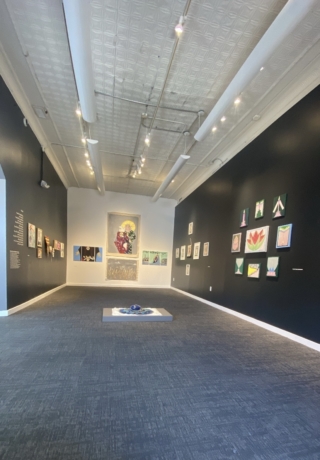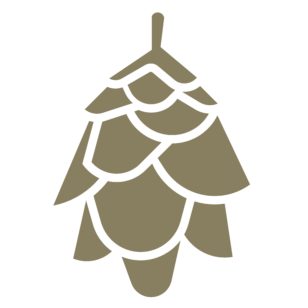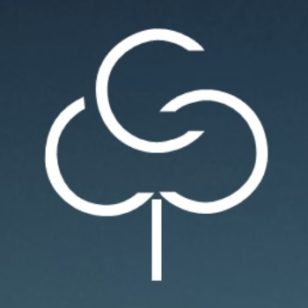
Exhibitions
WATERMELON SEEDS
Begonia Labs (Vanderbilt University) / 2805 West End Ave., Nasville, TN July 12, 2024 - August 30, 2024
AB Bedran, Ali El-Chaer, Beizar Aradini, David Onri Anderson
The Engine for Art Democracy and Justice presents Watermelon Seeds, summer exhibit at Begonia Labs featuring the artworks of AB Bedran, Ali El-Chaer, Beizar Aradini and David Onri An-derson. These artists were all born in Nashville and they are currently living and working in the city. AB Bedran and Ali El-Chaer are Palestinian, Beizar Aradini is Kurdish, and David Onri Anderson has a Sephardic Jewish background. The artists in this exhibit are bringing together their forms of expression for grief, memory, hope, loss, and renewal with various artistic practices, which includes painting, drawing, print-making, weaving, sculpting and installation.
"The watermelon has become a symbol for solidarity with Palestine, representing the Palestinian flag colors. This show is about the future and hope for renewal of the people of Palestine as a horrifying genocide and war crimes continuously occur through the effects of Israeli Nationalism. The artists in the show share grief for the loss of innocent lives, but they also hold onto hope through creating art. The exhibit becomes a coming together of Palestinians, Kurds, and Jews, all celebrating the people of the Earth from our point of view in Nashville, Tennessee. Our grief is hard to express in words and in one moment, thus we create shrines to commemorate lives of those who have passed and those who are in suffering. The artworks express feelings that have been felt for many years and the lasting effects they leave us.
Although it may be impossible to fully express, this show is a hopeful gesture to start a conversation and move people. This place of Nashville, in all the changes and transitions it has gone through, also feels like a microcosm of the world changing in all its violence and splendor. There is much to grieve as well as much to celebrate, yet the darkness feels more present these days than perhaps it has in a while. In hopes of not being too short sighted as to what the future may bring, we make art in hopes of creating a new world and a new culture where we can live peacefully amongst each other, without having to all conform to the same political and social identities. We want to be the change we want to see. Art making, call and response, and having difficult conversations is all a part of our mode of carving a new path for a more compassionate culture."

